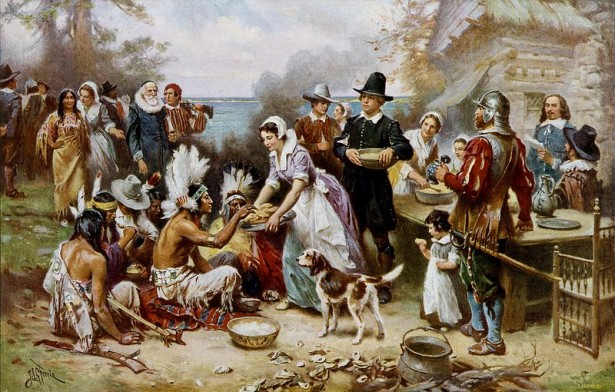“But we know that the Law is good, if one uses it lawfully.” 1 Timothy 1:8
Modern techniques for sharing the Christian faith utilize a wide range of approaches. Unfortunately, the one approach Christians should use is largely ignored. I want to believe this oversight is out of ignorance, not knowing that the biblically prescribed method for evangelizing is to actually share with the unbeliever what God’s Word has to say about their spiritual condition, and the standard by which they will be judged if they remain in that condition.
Sadly I don’t think that is the case in far too many instances. Instead of sharing the biblically prescribed method of sharing God’s mercy and grace in salvation, many Christians think it best to present the Gospel in a beautifully gift wrapped package comprised of exhortations to understand that God loves them so much and wants to bless them with a bountiful, abundant life. This well-intentioned, though misinformed advertisement for God is usually accompanied by a smiling “God wants you to have your best life now” promotion. Is this the biblical method of evangelism?
Friends, it is not. The starting place for any conversation with an unbeliever is God’s Word and what it says about unbelief and eternal judgment. From there you must address the truth that apart from faith in God every unbeliever is trying to earn their salvation by their own deeds. Finally, the unbeliever must understand that God’s Word says no one is righteous by their own deeds (Romans 3).
So how must we go about sharing the Christian faith with unbelievers? What does the biblically mandated method include? For one thing it includes telling the unbeliever about God’s Law. Why the Law? The great reformer Martin Luther said this of the Law of God: “In its true and proper work and purpose it humbles a man and prepares him – if he uses the Law correctly – to yearn and seek for grace.”
The Apostle Paul wrote to young Timothy to “use the Law lawfully.” What does that mean? It means that we are to use the Law for its intended purpose. What is the intended purpose of the Law? The Bible tells us that the Law is meant to be a tutor, leading us to faith in Christ. Other passages speak of the Law as a mirror that shows us what sin really is and having performed that task to shut up every mouth that tries to justify sinful behavior (Romans 3).
The problems with forsaking the biblical method of evangelism are myriad. First, what will you do when the “God offers you happiness” approach comes up against someone who professes happiness already? What will you say to the one who already has a good marriage, well-behaved children, a fabulous job, and a general sense of well-being with their life?
Second, how does offering someone happiness if they will believe in God cleanse them of their sin? And how can anyone possibly be forgiven of their sin without repentance? The “God offers you happiness” approach to evangelism is simply unbiblical and results in false converts every time.
Friends, too much is at stake to be worrying about offending anyone with the truth of God’s Word concerning unbelief. We should not become so preoccupied with how people will respond to our concern for their eternal destiny that we attempt to soften the biblical description of their predicament.
The Law of God was given to identify sin and to make the sinner understand that they are personally responsible before a holy God. In the understanding of sin’s nature however come a broken heart and a repentance that leads to the cross of Jesus.
It is at the cross where transformation occurs. Oh what a glorious truth!



